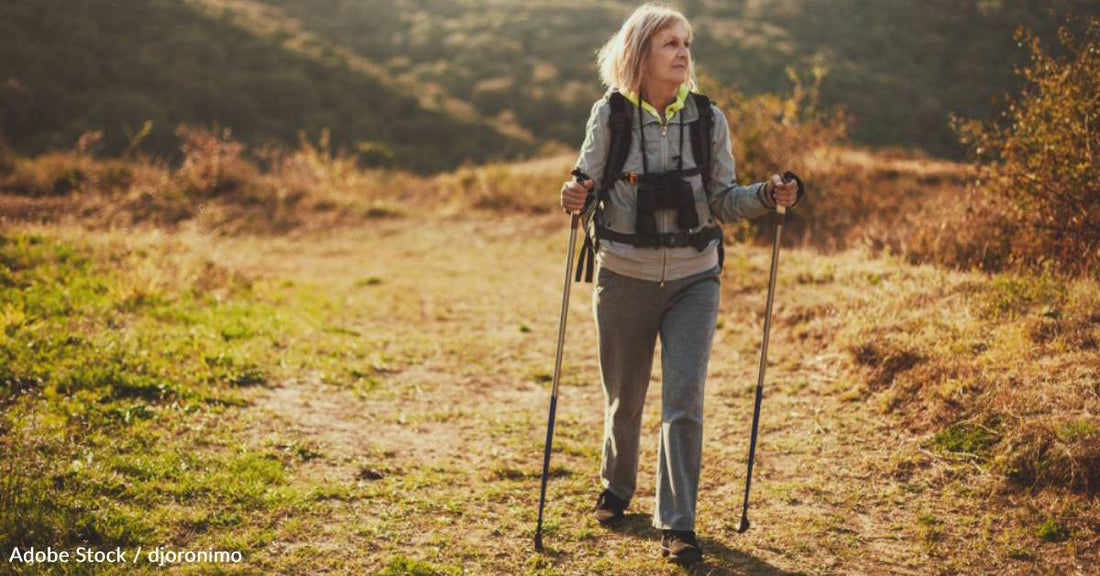Senior Women Looking to Lower Dementia Risk May Want to Get More Steps
Michelle Milliken
As fitness trackers have become more and more common in recent years, many people focus on hitting their step target each day. However, a new study finds that just a few thousand extra steps per day could have a meaningful impact on your brain health.
Research recently published in Alzheimer's & Dementia: The Journal of the Alzheimer's Association looked at the impact of physical activity on the cognitive health of senior women. The aim was to better understand ways to prevent mild cognitive impairment or dementia.
Dr. Andrea LaCroix, the study's senior author and professor at UC San Diego's Herbert Wertheim School of Public Health and Human Longevity Science, says, "Given that the onset of dementia begins 20 years or more before symptoms show, the early intervention for delaying or preventing cognitive decline and dementia among older adults is essential."
The team investigated the preventive abilities of varying levels of physical activity and step totals on the risk of these diseases. In research involving nearly 1,300 women who had taken part in two sub-studies within the Women's Health Initiative, the team learned that each additional 31 minutes per day of moderate-to-vigorous physical activity - like brisk walking - was linked with a 21% lower risk of developing mild cognitive impairment or dementia. Meanwhile, there was a 33% lower risk associated with each additional 1,865 daily steps. However, more time spent sitting was not linked with a higher risk.
The women's activities had been tracked with accelerometers for up to seven days. On average, participants were getting 3,216 daily steps, 276 minutes of light physical activities like gardening or housework, 45.5 minutes of moderate-to-vigorous physical activity, and 10.5 hours of sitting per day.
So, what do the findings mean for the average senior woman?
Dr. Steve Nguyen, the study's first author and postdoctoral scholar at the Herbert Wertheim School of Public Health, says, "Older adults can be encouraged to increase movement of at least moderate intensity and take more steps each day for a lower risk of mild cognitive impairment and dementia. The findings for steps per day are particularly noteworthy because steps are recorded by a variety of wearable devices increasingly worn by individuals and could be readily adopted."
The team says more research is needed to see if the benefits are similar among older men and more diverse populations.
This isn't the only research to highlight the benefits of extra steps. A recent study found that getting up to 10,000 daily steps was linked with a lower risk of many illnesses, including dementia, but it was important to keep the pace up to see the most benefit.
Michelle has a journalism degree and has spent more than seven years working in broadcast news. She's also been known to write some silly stuff for humor websites. When she's not writing, she's probably getting lost in nature, with a fully-stocked backpack, of course.























